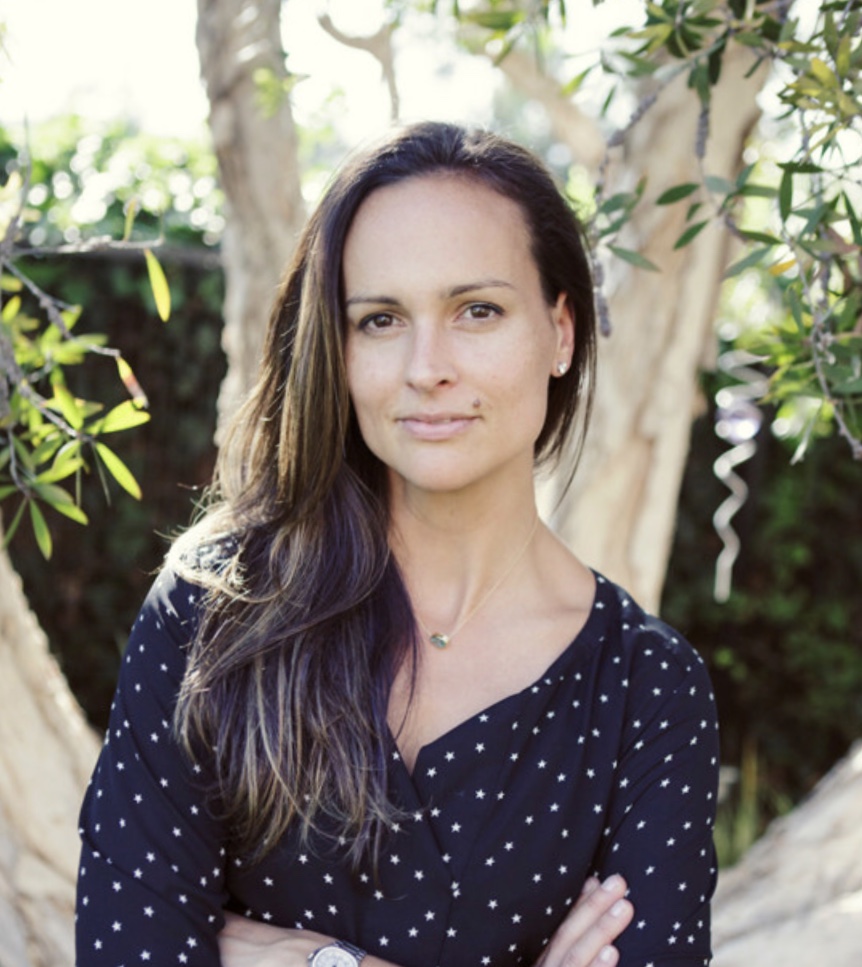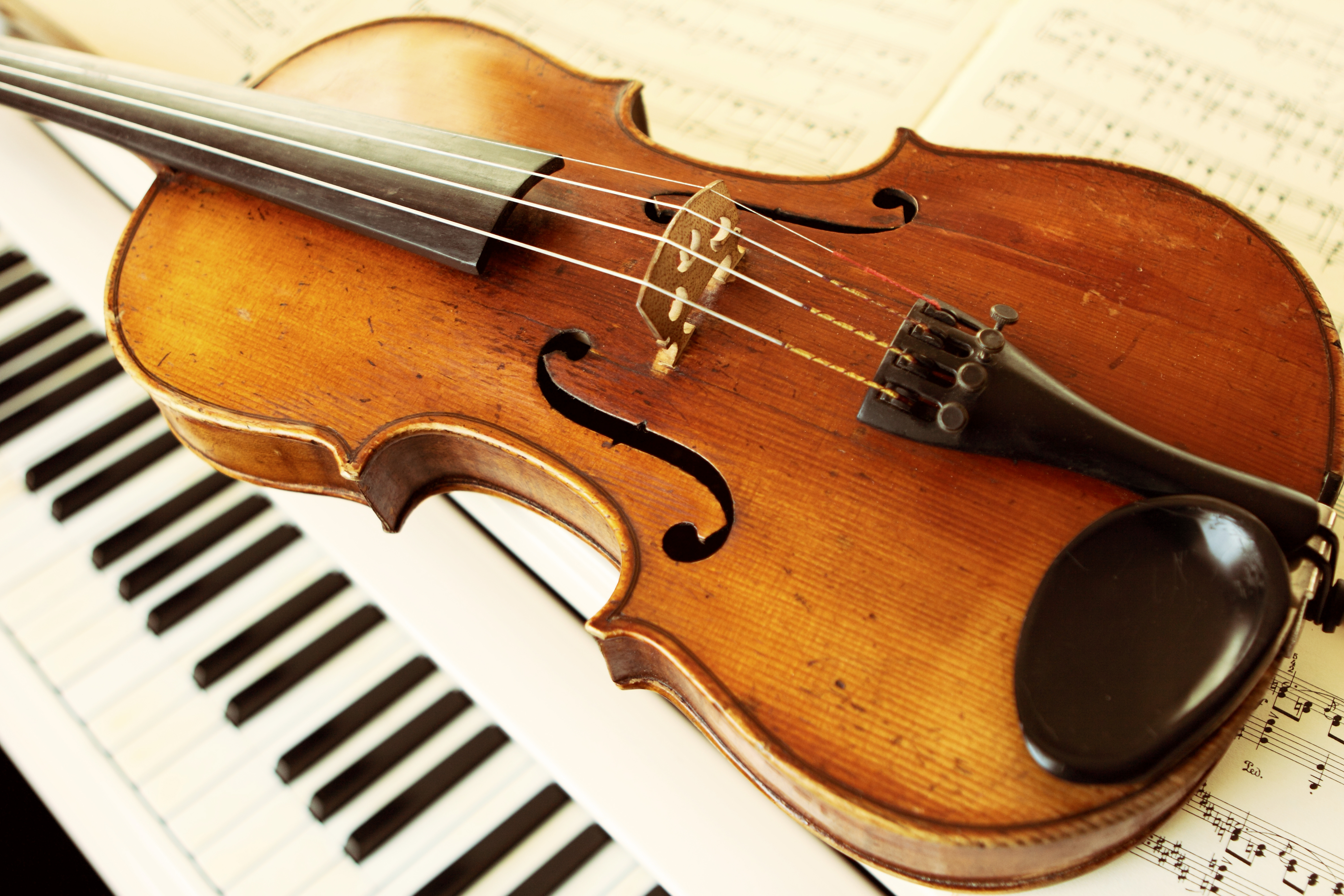Recently, YouTuber and musician Adam Neely posted a video discussing how the concept of music theory is based overwhelmingly on 18th-century European musicians and does not include other cultures or musical styles. The video has sparked an important conversation about how Western music education needs to be more inclusive and relatable.
The social justice movement and the fact that our students are learning remotely as a result of the COVID-19 pandemic, has further intensified the debate around teaching content that is culturally and socially relevant as well as engaging for students. The video was speaking specifically to music education but the same can certainly be true for other subjects – especially literacy.
The need to be thoughtful about both the content and experience is vital if we want students to learn in any real way. And too often we are not. This is not anything against teachers – we have been ingrained to do the same thing for a long time. But it’s not working. There is an obvious gap. For instance, when I ask people if they like music they invariably answer with a unanimous “yes,” but when you add the word “education” behind it, and ask if they like “music education” there is a consistent pause, silence, and sometimes an excuse of “I’m just not that musical.” Yet they are. Some may even be a hobby guitarist, make electronic music or like to sing in the car. Indeed, just having an opinion about what music you like, by definition, makes you musical. So perhaps it’s more the type of music we are teaching in education or the way we are teaching that music is simply not relatable, fun, or engaging.
Kids naturally embrace music. They engage with it further when they are inspired by it. By starting the learning process with inspiration and engaging students via culturally relevant content that matters to them, they are more likely to enjoy it and go further with it.
But who is to say what is truly “culturally relevant?” It may, of course, differ wildly from one classroom to another. But starting with pop culture can be a great place to start as it is inherently relevant due to its popularity and community spread.
My company WURRLYedu is among a few other great organizations, including Little Kids Rock that is rethinking music education, with pop culture at its core. There is no reason education can’t be fun and effective. Especially music education!
That’s why we remain committed to offering such an extensive music catalog that is culturally and racially diverse, with thousands of songs including pop, rock, hip hop, country, mariachi, choral, jazz, and classical. This empowers students to choose a song that interests them (and also helps teachers try and gauge actual student interest). They can then go further and practice, record, and collaborate with their classmates.
Teachers can select lesson plans that feature specific songs or other content, and share related video tips by Grammy-award winning artists and industry professionals.
So for those who watched Adam Neely’s video and are looking for solutions to the obvious music education problem, think about how much could be achieved by simply building a curriculum around culturally relevant content and delivering it in a fun and engaging way.
For more information, including FREE teacher resources on pop culture in music education, here are some options:


